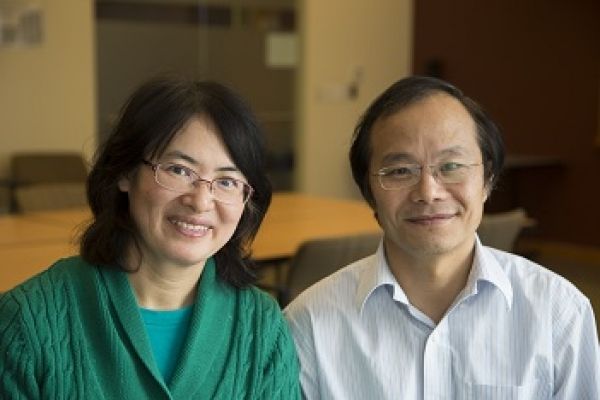Investigators have discovered that arsenic in combination with an existing leukemia drug work together to target a master cancer regulator. The team, led by researchers at the Cancer Center at Beth Israel Deaconess Medical Center (BIDMC), is hopeful that the discovery could lead to new treatment strategies for diverse types of cancer. Their findings were published today online in Nature Communications.
Despite its current reputation as a poison, arsenic is considered one of the world’s oldest drugs, used for centuries as a treatment for ailments ranging from infection to cancer. While arsenic at certain levels in public drinking water has been linked conclusively to a variety of cancers, surprisingly, its presence at other doses has been linked to unusually low rates of breast cancer.
Researchers including Pier Paolo Pandolfi, MD, PhD, Director of the Cancer Center and Cancer Research Institute at BIDMC, also demonstrated that arsenic trioxide (ATO) – an oxide of arsenic that was approved by the US Food and Drug Administration in 1995 – when used in combination with another drug called all-trans retinoic acid (ATRA), was effective against acute promyelocytic leukemia (APL), a discovery that has transformed the treatment of the disease from being highly fatal to being highly curable. However, it’s not fully clear what cellular target(s) these drugs act on, how they interact with each other, or whether they might be effective against other types of cancer.
Now, led by Kun Ping Lu, MD, PhD, and Xiao Zhen Zhou, MD, investigators at the Cancer Research Institute at BIDMC, discovered a previously unrecognized mechanism by which arsenic trioxide and all-trans retinoic acid work together to combat cancer. They found that the two drugs cooperate to destroy Pin1, a unique enzyme that the researchers discovered more than 20 years ago.
Read more at Beth Israel Deaconess Medical Center
Image: Research, led by Xiao Zhen Zhou, MD, (left) and Kun Ping Lu, MD, PhD, (right), uncovers a previously unrecognized mechanism targeting a cancer master regulator, suggesting novel strategies to treat common cancers. (Credit: Beth Israel Deaconess Medical Center)


